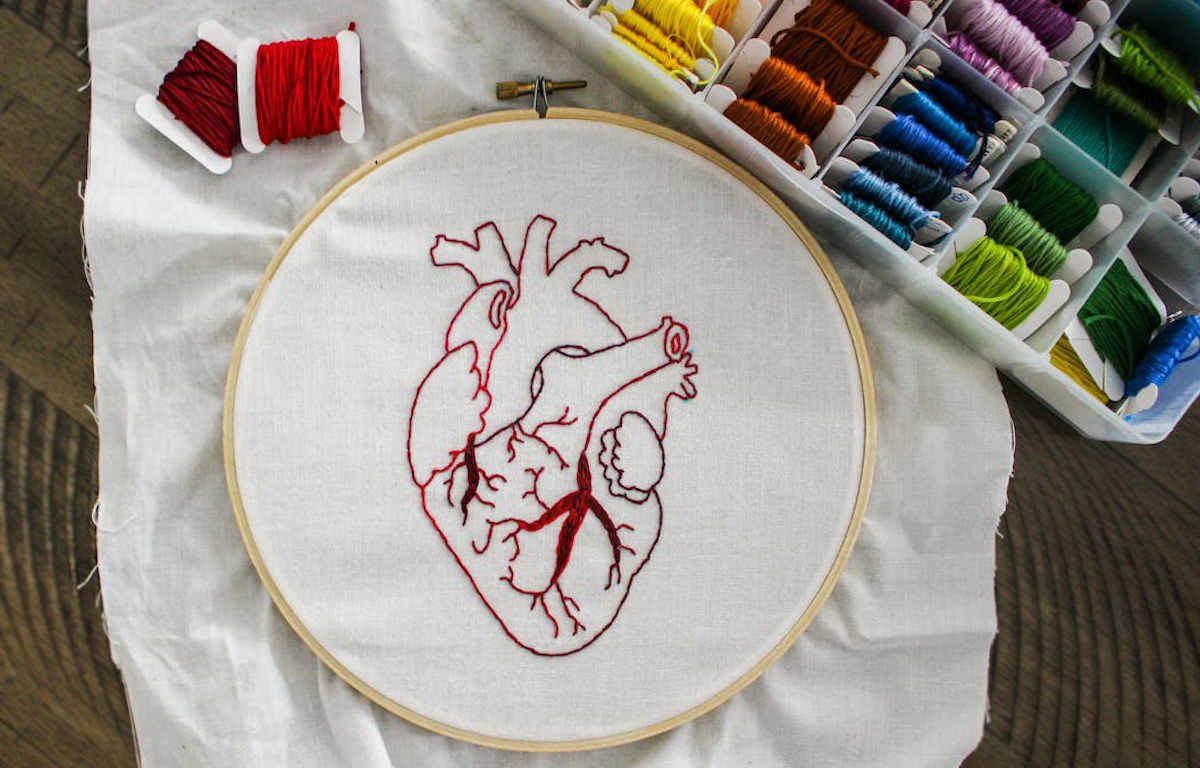We often overlook the role hobbies can play in our mental health and the connection to self care. By taking the time to practice a hobby regularly, you become better at prioritizing your time and increase your positive feelings. Hobbies can change over the course of your life. Busy lives can sometimes make us forget the importance hobbies can have for our well-being. Carve out a little time to engage in activities you enjoy, and every now and then try something new to keep things interesting.
Benefits Of Having A Hobby
Hobbies can provide many benefits beyond obvious fun. Some hobbies can keep you active, such as sports or outdoor activities, and depending on the intensity, can stimulate feel-good hormones like endorphins and dopamine. Alternatively, others prefer hobbies that expand their knowledge about a topic. Hobbies can also grow your ability to be creative and provide different ways of interacting with your environment. The longer you do a hobby, the better you get at it.
Building skills through hobbies can also transfer into your professional work. Some people can even turn their hobby into a side hustle to make some extra money. The happiness you experience doing your hobbies, will spill over into other areas of your life too. By feeling better, you can tackle challenges more easily, develop greater perspectives, and become more productive.
Hobbies can also bring you connection to other people. They can build your teamwork skills which are directly transferable to work settings. Alternatively, by joining a club or a group, you can also grow you social network. By finding a friend that shares the same interest, you can find support in your pursuit. It’s great to have someone who can either show you the ropes or support your learning process to help you succeed.
Hobbies To Consider
If your having trouble figuring out what hobby you would like to try, start by looking back at your childhood. What did you enjoy doing as a kid? Next, are there any things that bring you joy now? Those can both be great starting points. If you can’t think of anything, that’s okay too. Below is a list of different activities, it isn’t an exhaustive list, but can provide some ideas for things to try. Some fit into more than one category, but will be listed only once.
Sports & exercise
Joining an amateur sports team or a club can help get you active. This maximizes your movement, supporting your physical and mental health. Activities can be with others or solo, but nonetheless, increase opportunities to connect with other like-minded people, supporting yet another pillar of self care. Popular hobbies include swimming, running, weight training, skiing, yoga, and dancing.
Outdoor activities
These hobbies vary in their intensity, but all have a focus of connecting with nature. Close to home this can be keeping indoor plants or having a garden. It can be going for a walk in your neighbourhood, or heading out for a day hike on weekends, or immersing themselves in forest bathing. Some people enjoy birdwatching as their pastime. Regardless of which activity you do outdoors, the time spent breathing fresh air and stepping away from daily stressors, will help you slow down and appreciate the little things.
Arts & crafts
The options here are vast. From taking a class to carving out quiet time to practice your hobby in your home studio, these hobbies spark creativity. Popular art options include drawing, painting, photography, and writing. For the ones drawn more to the performing arts, choices can range from learning an instrument, to singing and acting. For crafters, knitting or crocheting are great portable activities. Alternatively, building model kits can also require manual dexterity and the ability to focus. All activities in this category tend to induce flow states in people, which is going to dramatically influence a positive mindset.
Technical or mechanical
You may not think of technical skills as hobbies, but they can be incredibly stimulating. These hobbies can include rebuilding cars and coding. These activities can also develop transferable problem-solving skills. People that are drawn to these hobbies understanding how systems (or parts) relate to one another. If you like eating, then you can also consider baking or cooking. Trying new recipes can expand your cultural awareness, and creating new dishes can be tantalizing to your palate!
Calming activities
Finally, the most passive activities, but simultaneously some of the most rewarding for your self care. Meditation is the obvious choice. A practice to focus on clearing your mind and releasing the tensions of the day. The other activity I’d like to highlight here is reading. Reading opens our minds to other perspectives and to new possibilities. This inevitably leads to knowledge and resilience.
What hobbies do you enjoy?
Pick hobbies that you enjoy, and try to have a variety of them to keep your excitement up. If you try something that isn’t a fit, don’t give up, the right one is around the corner. Hobbies can grow your network and make you feel like you belong, a core human need. If you think you have no time to take on a hobby, find a way to incorporate it into your routine. It will actually help you structure your time. Resulting in improved health and happiness, hobbies can impact not just your personal life, but your professional life too. From improved focus to advanced skills, hobbies make you better at handling complex challenges. And as a bonus, all of this helps you deal better with stress. Use hobbies as part of your self care toolkit for a better balanced life.
IMAGE CREDIT: Pexels | Magdaline Nicole.

